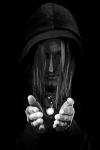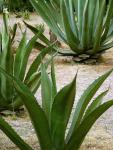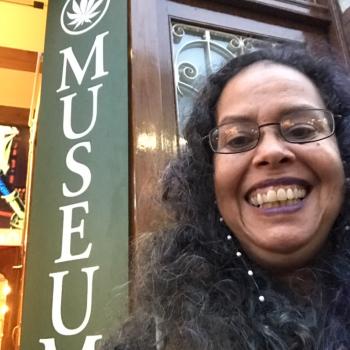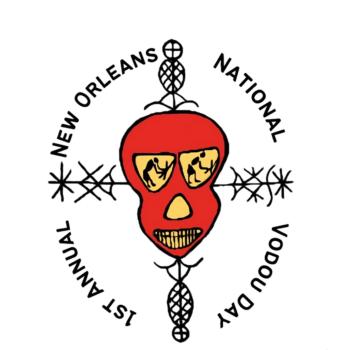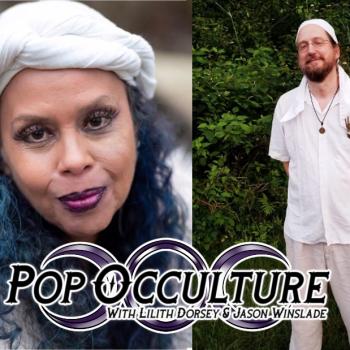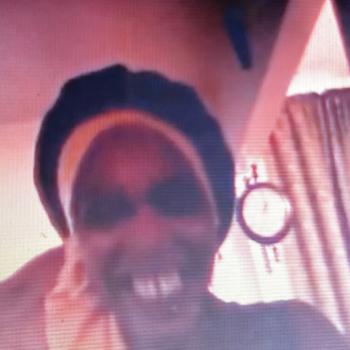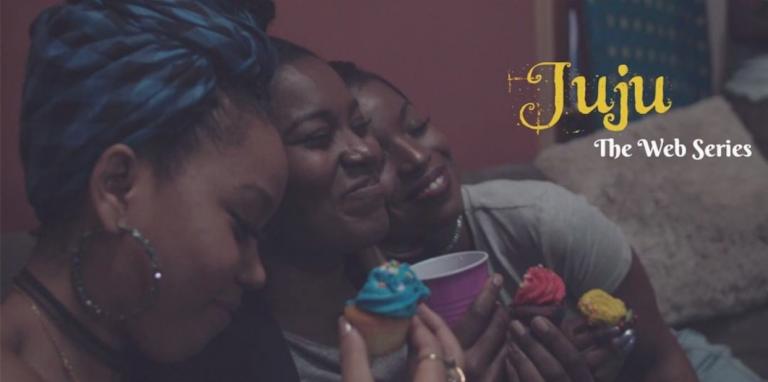
It takes a lot to get me excited, and I can honestly say I’m really excited for Juju: The Web Series. The importance of Black people telling Black stories can not be underestimated, so when I got the chance to interview creator Jhe Moon Ferguson about her new project Juju: The Web Series, I couldn’t wait. The show blends Black Girl Magick, Ancestors, and Divine Sisterhood into a beautiful whole. Read more and see how it all came to be.
How did the idea for Juju: The Web Series come about?
It literally woke me out of my sleep. I had just finished watching the entire 7 seasons of The Vampire Diaries. And in the series finale, everyone got a happy ending except for the Black witch Bonnie– who is also one of the main characters. Her character arc was solely on disrespecting her ancestors to help her vampire friends and the mess they created. That show took everything from her. Her grandmother, mother, father, ancestors, boyfriends. She couldn’t catch a break. I didn’t like it. I then binged Charmed (the original) the get ideas on how to write and shoot magic, and create potions. I saw the how unrealistic it was, and again– no Black witches. So I created something of my own.
What is your dream for this series ?
My dream for this series is for it to get picked up on a major television network or streaming platform.
What is your background in film ? In African Traditional Religions ?
I went to school at Miami Dade College (Miami, Florida) for film production. I then went to Southern New Hampshire University (online) to continue my education in Screenwriting. Film school is more technical, I wanted to strengthen my writing because the script is the foundation. Before Juju, I produced three short films on mental health in the Black & West Indian community. One of which was accepted to the African American Women in Cinema Film Festival in March 2018.
So, for Juju, I focused on the story of my direct culture, Jamaican. I started it with one Jamaican American witch with relatives who do Obeah. But I figured it was to easy, and I wanted to build multiple worlds. So I added two more witches of Cuban & Haitian descent with traces of Vodou & Santeria in their bloodlines. I did months of research in the library and online which pulled me into a Blackhole. The history of Voodoo/Vodou, Santeria, and Obeah traces back to West Africa and African Tradition Religions. This then pulled me into learning about it for myself and my own spirituality rather than just for the show. (I was always spiritual, but I tapped into a whole new state of being and consciousness). So my background is still new, as I am still learning and exploring.
Can you tell us about some of the other creators involved in the project?
I have a very strong team behind Juju. I put together a writer’s room of six Black women. We are Afro-Latina, Afro-Caribbean, Queer, Straight, Witches, Bold, and many more. My crew was the same, mostly women who share the same passion for stories of marginalized groups in the supernatural realm. The men on our crew are just as great, respectful, kind, advocates for women and their safety. The universe blessed me with awesome people for this project.
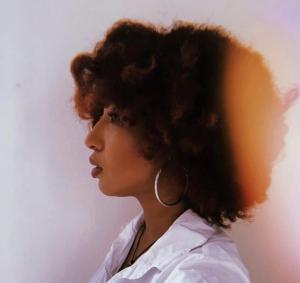
Your tagline mentions that these witches aren’t from Salem? Do you feel that the Salem community has excluded Witches of color? Where do your Witches call home?
When the mass hears witches, you automatically think Salem. Salem witches are a part of American history (i.e. The Salem Witch Trials). I didn’t want people to assume that for my witches. They are indeed first-generation witches (like myself) whose mothers are Caribbean (Jamaican, Haitian, and Cuban), so essentially the West Indies is their home. However, in the pilot, the matriarch of their family (the first witch in their bloodline) is from Nigeria. She [Adaoma] was brought here (Salem) by the Atlantic Slave Trade and had some good and bad experiences with the [White] Salem witches. (I don’t want to give away the backstory, lol). I know when people think of Salem witches, they aren’t thinking of Black witches. I’ve researched the stories of the three Black Salem Witches for the series as well: Tituba, Mary Black, and Candy. In our series, we bring these characters to life as they are friends to Ada. (more backstory exclusive lol)
How do you feel that this project can combat some of the stereotypes about Black Witches?
Our witches get to have fun with their magic and use it for the good of the people. A supernatural show isn’t good unless you have villains of course, but our witches are good witches. Sabrina the Teenage Witch, Louise from Teen Witch, The Halliwell sisters all used their magic to have fun with and to save people. That’s what my witches get to do as well. A lot of times, Black witches in shows are portrayed as villains who use Black magic for evil intent. I wanted to stop that.
Since I ask this question to other creators of media concerning Black spirituality I feel it is only fair to ask you too, do you have a consultant to advise on Spiritual matters and depictions in Juju the Web series? Why or why not?
Yes! Of course. I am still learning about the depths of spirituality myself. I can only speak on my Jamaican & Cuban background as far as culture and religion. Throughout this series, I have asked questions of friends who have practiced longer than I have and my Nigerian friends about the culture of Yoruba and Igbo. I’m always asking questions because I want it to be accurate and I don’t want to mess anyone’s culture up. I plan on having more spiritual writers for season two.
There is a legacy of Black Women filmmakers representing African Traditional Religion on film – starting with Julie Dash’s Daughters of the Dust, Kasi Lemmons’ Eve’s Bayou, and even my film Bodies of Water, how do you feel that this work will fit in with that?
This is good company! I just hope people view this story the way they view the queens you listed above. We have so many themes, layers, and moods in this series. It can be very serious and deep, lighthearted, yet heavy, and just plain fun. I hope people accept the mood changes in storylines because that’s the depiction of life.
Where can we see Juju: The Web Series?
We will premiere it on Youtube at the end of the year.
How can we help ?
DONATE!!! We are raising funds to finish the series this summer! If we don’t make our goal, we make nothing! So it’s important to spread the word, because this is a story we want to share with the culture.
http://kck.st/2VLCkRN
Is there anything else you would like to add?
Follow us on Twitter, Facebook, and Instagram! @jujuwebseries
For those who would like a peek at what these Witches have in store, watch the trailer :
As always if you have enjoyed what you read here please remember to like, comment, and share !



